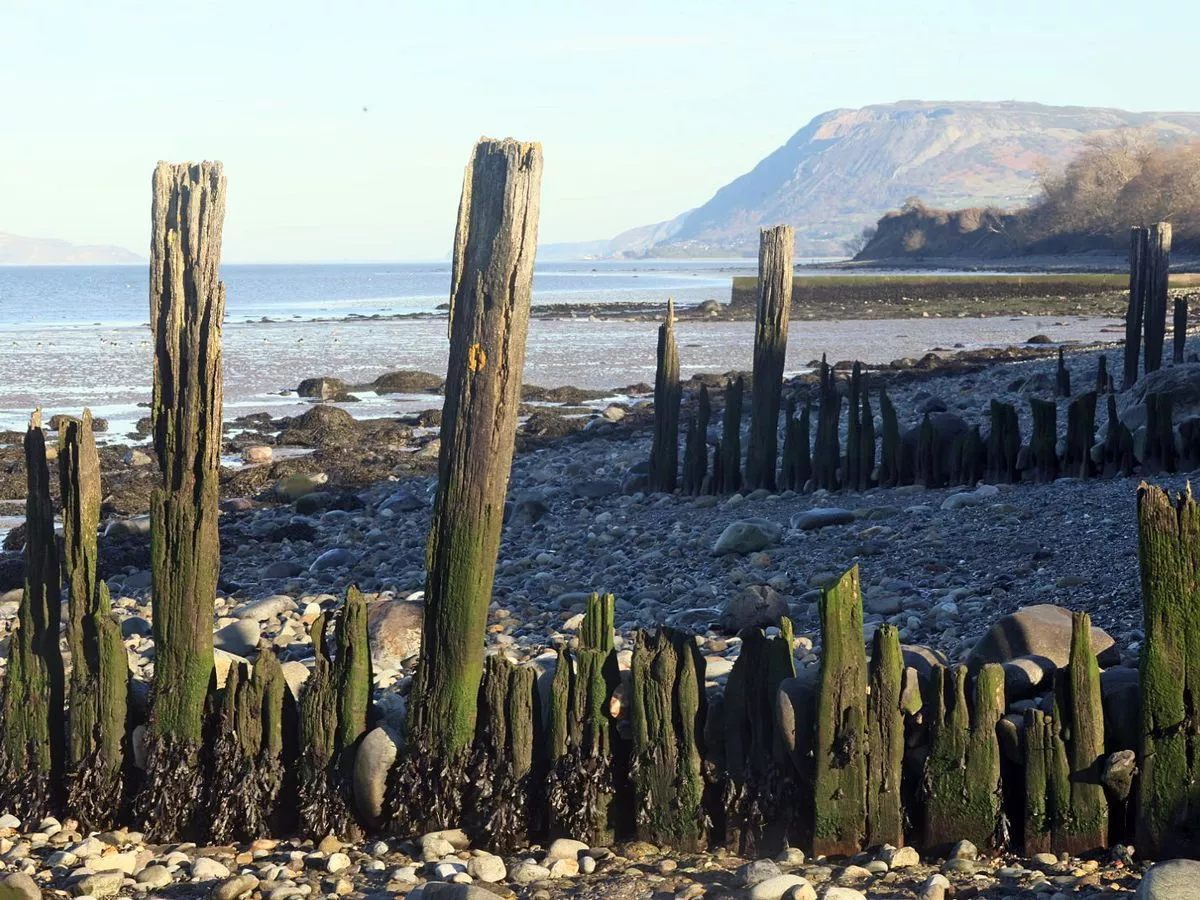Copyright dailypost

A historic Welsh place name has been reinstated at one of North Wales’ most popular wildlife sites following strong public support. North Wales Wildlife Trust has announced that its reserve near Tal-y-bont, Bangor , will once again be known by its traditional Welsh name, Llyn Celanedd, replacing the more recent title ‘Spinnies Aberogwen’. The decision follows an extensive public consultation and reflects the trust’s ongoing policy to restore traditional Welsh place names where appropriate. The move has been widely welcomed by local residents, heritage groups and national language organisations. Frances Cattanach, chief executive of North Wales Wildlife Trust, said the name change honours both the site’s environmental and cultural heritage. She said: "Our policy is that where a property has an English name, the Trust will endeavour to determine and use its Welsh name. We have been fortunate with this site, as research has uncovered the name Llyn Celanedd. "We’ll be taking a phased approach to implementation to ensure funds are spent carefully, updating materials only when they need reprinting or when Welsh language funding can be used." Get all the latest Gwynedd news by signing up to our newsletter Historical and literary records suggest that Llyn Celanedd was once the final pool in the winding course of the Afon Ogwen, before the river was straightened in the early 19th century. The canalisation process not only reshaped the landscape but also erased elements of its cultural and ecological heritage, including oyster beds, angling pools, and the site’s original name. The name Llyn Celanedd translates as “Pool of Dead Bodies”, believed to reference a medieval funerary tradition. During the Middle Ages, the bodies of deceased members of the Penrhyn family were reportedly carried by boat from Llyn Celanedd across the Menai Strait to a burial ground at Llanfaes, Anglesey . The cemetery, established around 800 years ago, was reserved for members of the royal family of Gwynedd and other noble lineages, including Siwan, wife of Llywelyn the Great, and Elinor, wife of Llywelyn the Last. Chris Wynne, the Trust’s nature reserves manager, said the restoration helps reconnect the site with its cultural past. He said: "We are privileged to support the reinstatement of an element of our local culture and heritage. It's a place name which captures the environmental history of our surroundings." Today, the pools at Llyn Celanedd provide a refuge for waders, wildfowl, and kingfishers, as well as for birdwatchers who visit year-round. The landscape continues to evolve, reflecting broader environmental changes affecting coastal habitats across Wales. While some river and estuarine wildlife has declined, new and much-loved species have taken their place. The site, the Trust says, remains a living reminder of both natural change and the human influence that has shaped it. Join the North Wales Live WhatsApp community group where you can get the latest stories delivered straight to your phone Members of the public are being encouraged to contribute to preserving Welsh place names by adding unrecorded examples to the Welsh Government’s online map here.



